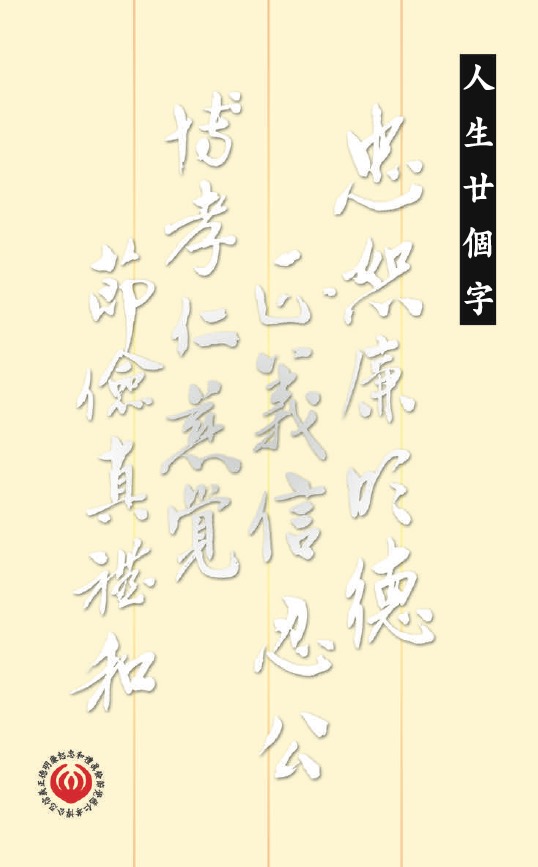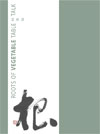Frugality – 儉箴
- 儉箴
- JIAN (Frugality)
| 儉德之共 | 惜福之源 | 節以制度 | 用無紛繁 |
| 寡欲約身 | 可以養德 | 至於慳吝 | 亦德之賊 |
儉德之共. 儉者,君子之德也,惟君子能有完備之儉德。
O(左傳)「儉者,德之共也。」 共,備也。
惜福之源 儉德既能完備,乃開惜幅之源。 O(李彪傳)「 夫尚儉者, 開福之源。」
節以制度 用無紛繁 人生世間,無不受金錢之支配,供情慾之犧牲。若能崇尚儉德, 則身內身外之事,而後有限制,有法度。既有一定限制,一定法度,自然不貪瞋痴愛,因不貪瞋癡愛,自不驕奢淫佚。由是可以節制財產之用,不致紛亂;節制精神之用,不致繁擾。蘇子瞻謂:「節儉乃惜福延壽之道,不亦宜乎。」
寡欲約身 可以養德 欲求涵養自己之儉德,必先從約束身心,减少私慾做起。
O(司馬光訓儉文)「 儉則寡欲。」O ( 杜甫詩)「 約身不願奢。」
至於慳吝 亦德之賊 若外貌裝成儉樸之態,求外人稱譽,而自己一切行為,無不刻薄鄙嗇,對於有益於人之事,分文不捨,此乃道德中之罪人,社會上之蟊賊,不足齒也。
O(原化記 )「賀知章謁賣藥老,問黃白術,遺一大珠,老人以珠易餅以賀。賀私念寶珠何以易餅,老人曰,慳吝未除,術何由成。」 慳,慳吝。 鄙,嗇也。
JIAN (Frugality) is the foundation of all virtues and the safeguard of fortune’s source. It moderates people’s behavior and saves them from the loss of their precious time and energy. The best way to nurture frugality is to harness our selfish desires and to discipline our material wants. But we must not mistake miserliness for frugality because the former is the thief of the latter.

